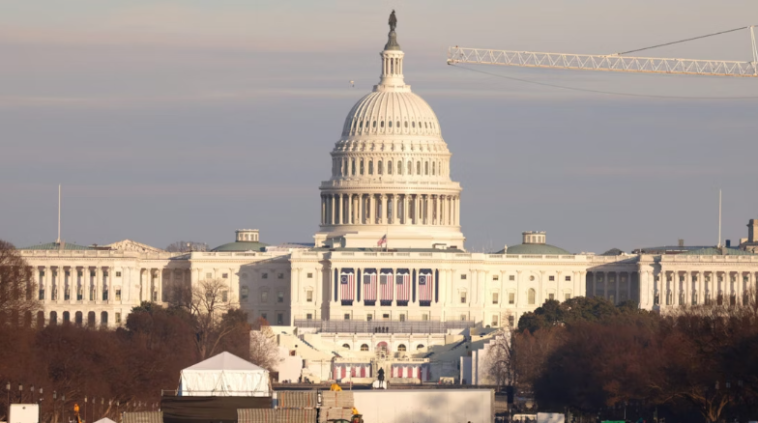On January 20, 2025, the U.S. Senate passed an amended version of the Laken Riley Act, a bill aimed at strengthening immigration enforcement by mandating the detention of non-citizens charged with specific crimes.
Key Provisions of the Amended Laken Riley Act:
- Mandatory Detention: The Department of Homeland Security (DHS) is required to detain non-citizens who are charged with, convicted of, or admit to committing certain offenses. Originally focused on theft-related crimes, the Senate expanded this to include:
- Assault on Law Enforcement Officers: An amendment introduced by Senator John Cornyn (R-TX) added the assault of a law enforcement officer to the list of offenses warranting mandatory detention.
- Crimes Resulting in Death or Serious Bodily Injury: Known as “Sarah’s Law,” an amendment by Senator Joni Ernst (R-IA) mandates detention for non-citizens accused of crimes leading to death or serious injury, such as manslaughter resulting from driving while intoxicated.
- State Litigation Authority: The act empowers states to sue federal officials for injunctive relief if certain immigration actions or policies are deemed harmful to their citizens.
Legislative Journey:
- The House of Representatives initially passed the Laken Riley Act on January 7, 2025, with a 264-159 vote, including support from 48 Democrats.
- In the Senate, the bill advanced with a 61-35 vote to end debate, with ten Democrats joining Republicans.
- The final Senate vote was 64-35, with 12 Democrats supporting the amended bill.
Senate approves Laken Riley immigration bill as amended. Now goes to the House.
12 Dems YES: Cortez Masto NV, Fetterman PA, Gallego AZ, Hassan NH, Kelly AZ, Ossoff GA, Peters MI, Rosen NV, Shaheen NH, Slotkin MI, Warner VA, and Warnock GA. pic.twitter.com/FmtK5DgkUm
— Jamie Dupree (@jamiedupree) January 20, 2025
Next Steps:
The amended bill returns to the House for approval. If the House concurs with the Senate’s amendments, the legislation will proceed to President Donald Trump, who is expected to sign it into law, aligning with his administration’s focus on stringent immigration policies.
Background:
The act is named after Laken Riley, a 22-year-old nursing student from Georgia who was murdered by José Antonio Ibarra, an illegal immigrant from Venezuela with prior theft charges. The case intensified debates over immigration enforcement and public safety, influencing legislative action.
Implications:
Supporters argue that the Laken Riley Act enhances public safety by ensuring that non-citizens charged with serious offenses are detained, preventing potential harm. Critics, however, express concerns about due process, potential overreach, and the significant financial burden of implementing the act, estimated at $83 billion over three years.
As the legislative process concludes, the Laken Riley Act stands as a significant development in U.S. immigration policy, reflecting ongoing debates over security, justice, and the rights of non-citizens.


